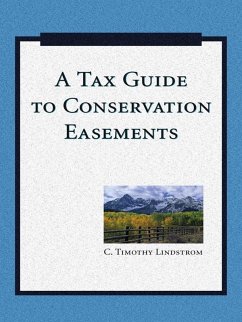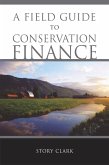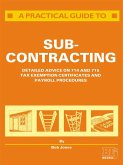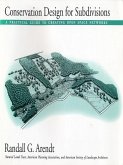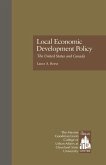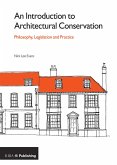Voluntary land conservation, resulting from increasingly alluring tax benefits, has significantly changed the face of land use in the United States and promises to have an even more significant influence in the future. There are more than 1,500 land trusts in the U.S. today, involving millions of acres of land that have been permanently protected by conservation easements. Mof these land trusts depend heavily upon the significant tax benefits offered by the federal tax code as an incentive for voluntary land conservation. However, only a very small percentage of land trust personnel, landowners, or even governmofficials fully understand the complexity of the requirements for these tax benefits. This is a comprehensive book on the tax benefits of the charitable contribution, or bargain sale, of a conservation easement. It provides a detailed explanation of the complex and extensive requirements of the federal tax code and related concepts, including the rules governing the operation of tax-exempt organizations such as land trusts. Clearly written, systematic in its coverage, it is intended to be of value for anyone who deals with land trust issues as well as interested lay people. Structured for easy reference, A Tax Guide to Conservation Easements is designed to be used as a resource tool. Related topics are cross-referenced throughout. All principles in the book are illustrated with one or more useful examples. The tax benefits of contributing a conservation easemare unquestionably the heart of voluntary land conservation today. Knowledge of the tax law relating to land trusts and conservation easements is vital to properly establishing and managing land trusts and to insuring the tax deductibility of conservation easements. The future of voluntary land conservation is dependon a clear understanding of tax policy. Complete, meticulous, and up to date, A Tax Guide to Conservation Easementsis an essential handbook.
Dieser Download kann aus rechtlichen Gründen nur mit Rechnungsadresse in A, B, BG, CY, CZ, D, DK, EW, E, FIN, F, GR, HR, H, IRL, I, LT, L, LR, M, NL, PL, P, R, S, SLO, SK ausgeliefert werden.

